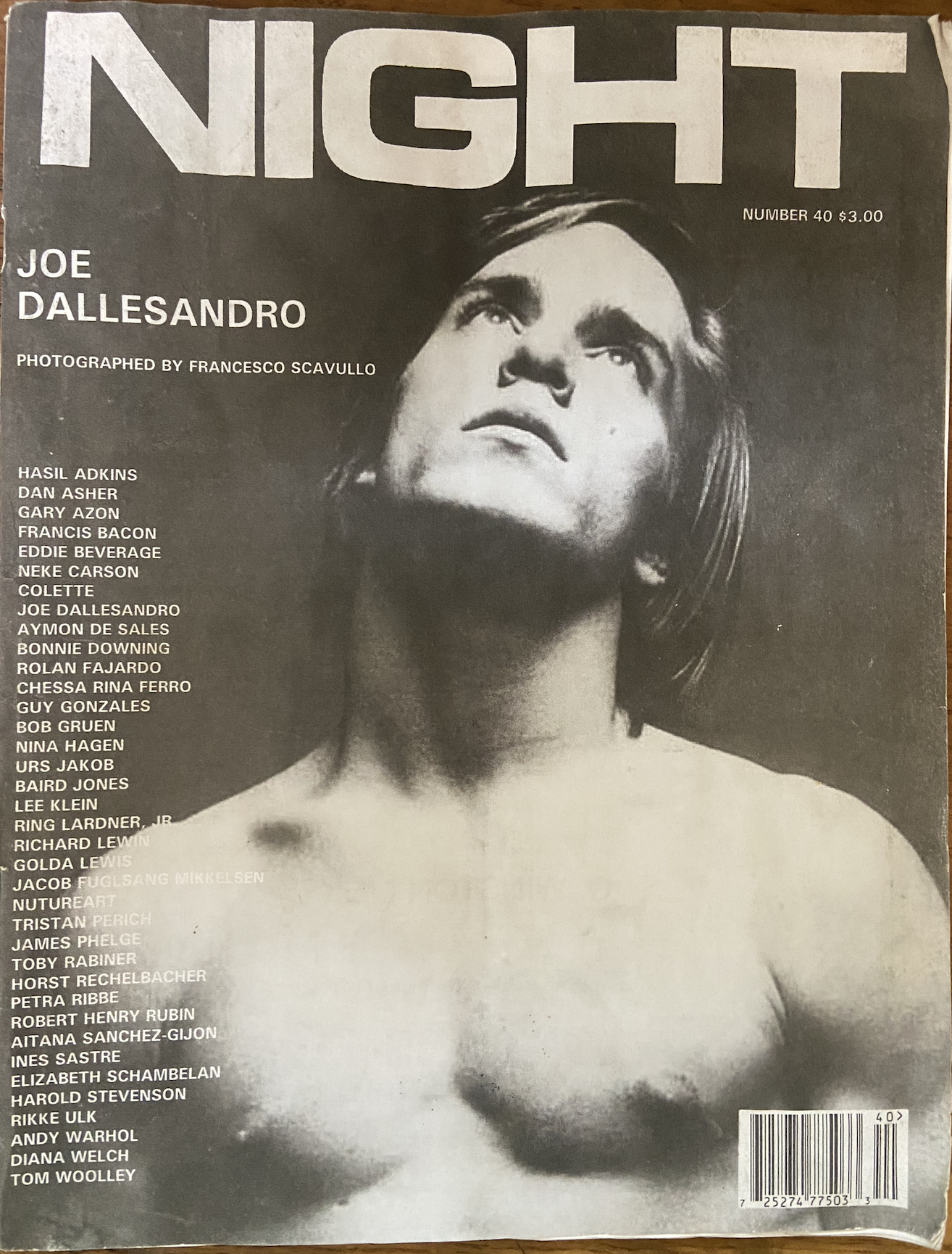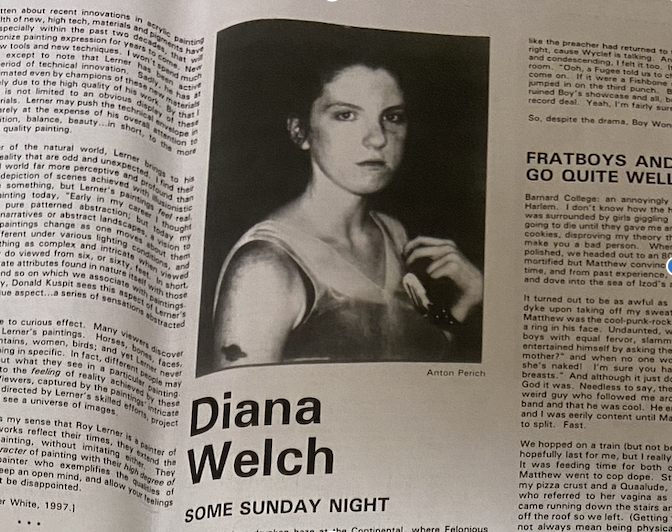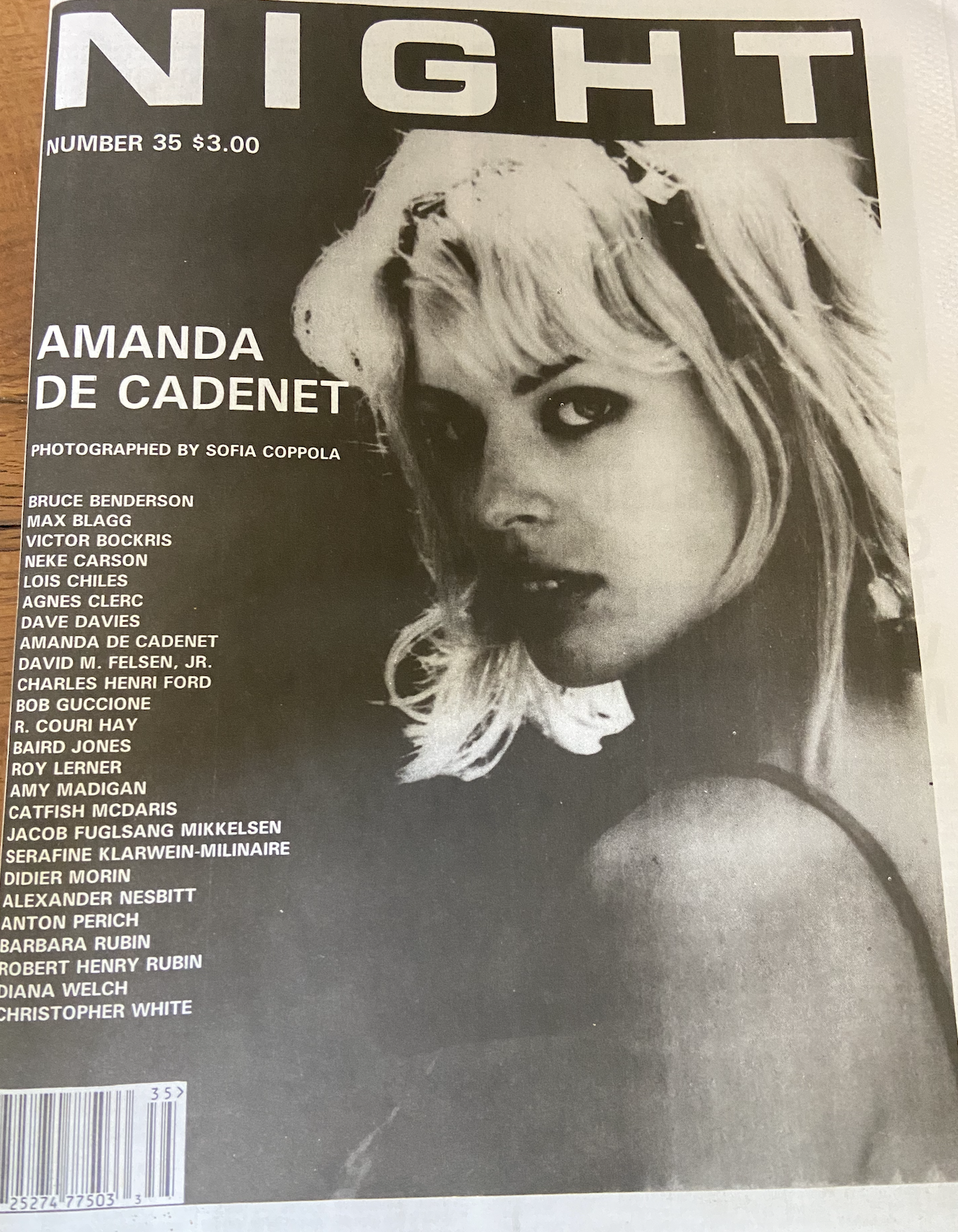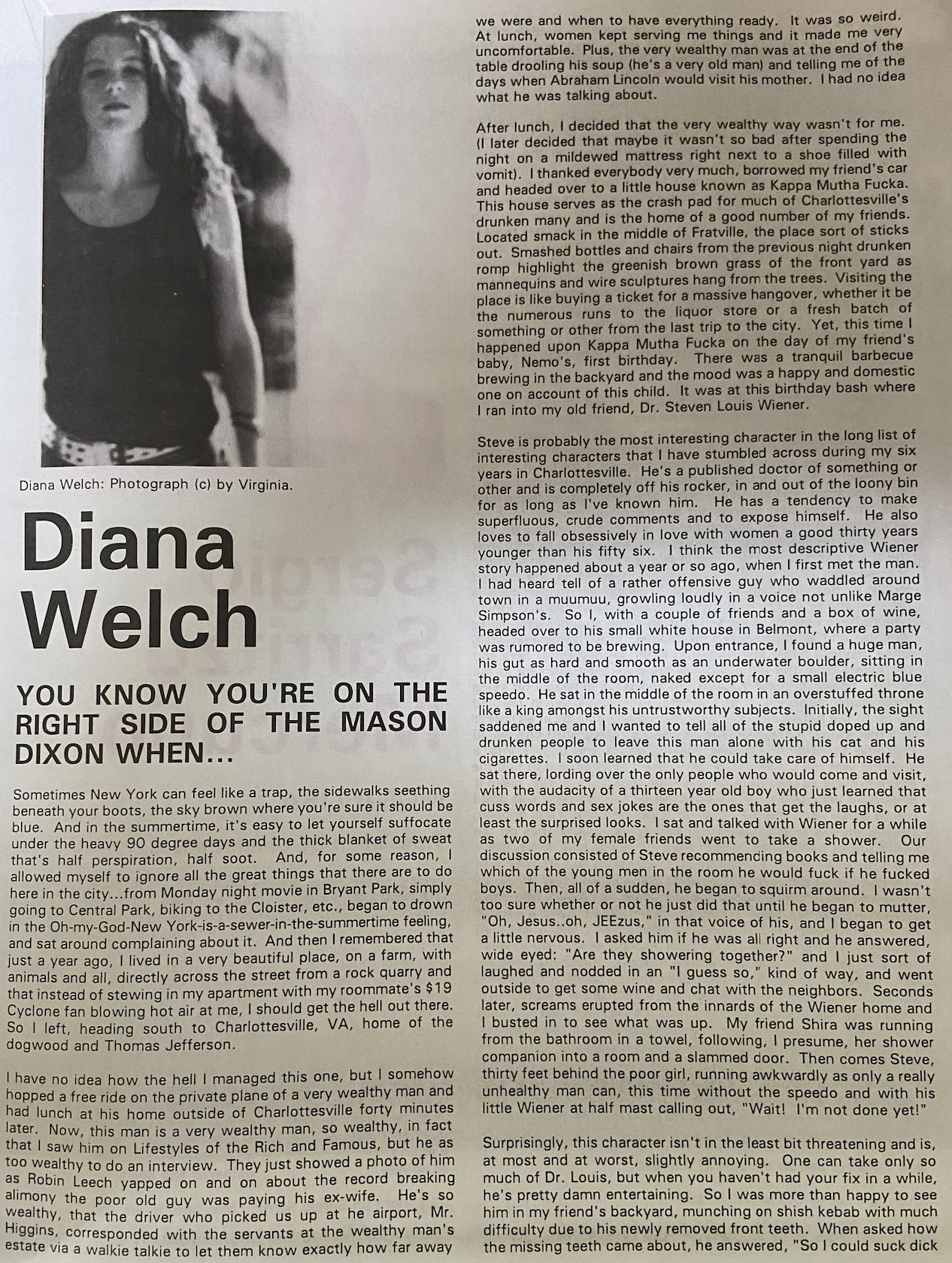SELECTED:
INTERVIEWS
Who We Are
Howard Zinn on the uses of history
BY DIANA WELCH, FRI., FEB. 10, 2006
excerpted from the Austin Chronicle
The veteran of both World War II and the fight for civil rights talked with me from his home in Massachusetts – about the power of context, America's potential to be truly great, and the truth of human nature.
You're coming to town to give the keynote at a conference for Historians Against the War. What are you going to talk about?
Howard Zinn: I was just wondering that myself! I know roughly what I'm going to say. About 24 hours before I speak I sit down and think.
I'm going to talk about history, of course, since it's for Historians Against the War. I'm going to talk about the uses of history and how history can be important in understanding what is going on today – in particular, in understanding the war in Iraq.
I feel like it's so hard to contextualize what's going on, for a lot of people.
HZ: But without a historical context, it's very easy to get lost and overwhelmed by what the people in authority are saying. If you don't have any history, you really have no way of checking up on what people are saying. It's as if you had amnesia, and someone could say anything to you. There's no way of corroborating or contradicting what they're saying without some memory. So, I'm going to try to refresh that memory. Though, sometimes there's not that much to refresh, because the history hasn't been learned to begin with. Our historical education doesn't really prepare us very well to deal with matters of life and death, really.
I think historians have a special responsibility to be more than just historians. It's more than just writing papers and books and being dutiful members of the Historical Association. I think that historians have a special obligation to use whatever historical knowledge they have to advance, well, the cause of human rights. This of course breaks into the tradition of objectivity and distance and neutrality, which is so powerful. Not only in a historical profession, but professions generally. It seems to be part of a culture of professionalism. You don't step outside boundaries of what you are supposed to do as a professional, because, well, you'll get into controversy, which will get you into trouble, and you're assumed not to know anything outside of your field.
People often offer the argument that war is inherent to human nature. You clearly don't believe that. Why?
excerpted from the Austin Chronicle
Battling illness and a hectic traveling schedule, Wenders and I had a conversation via e-mail.
Two decades after Paris, Texas, you and Sam Shepard are revisiting the tale of a man lost with Don't Come Knocking. Both films you’ve made together are about loss and searching. There is a real loneliness to the characters. I think I read that you once said that you feel that we, as Americans, don't know who we really are.
Wim Wenders: Sam said that about Americans; I wouldn't dare to. Well, he said something like that, but more elaborate. I guess we're both drawn to the same sort of characters. I've made films about alienated people in my own country just as well. But, I'm very much drawn to the American landscape. I love this country very much and I lived here long enough to paint my own picture. It's not an American view, because I'm a European filmmaker, but I can see an American condition. ... Maybe it is my insistence on "place" and on the relation between characters and their very specific surroundings that allows me, every now and then, to bring out something that Americans are not used to seeing [in] themselves any more.
Could you talk about the importance of the locations in this film?
WW: The sense of place is so important for me that I don't even want to speak of "locations." That always sounded like a somewhat condescending word to me. Sam and I wrote the script for these places. For the beginning, Howard leaves the set of the movie he's shooting and rides off into the open prairie. We couldn't help but thinking about John Ford, so we placed those scenes into the countryside around Moab in Utah. ... More than half of the film takes place in Butte, Montana, which I discovered in the Seventies.
Speaking of John Ford, I heard that you rescued Isabella Rossellini and Martin Scorsese while you were on a John Ford pilgrimage in the desert?
Selected: BOOK + FILM
REVIEWS
Billy the Kid
D: Jennifer Venditti
In her near-perfect directorial debut, Venditti lovingly captures the trials of one troubled adolescent's life in small-town Maine. At 15, Billy Price is practically a genius. He's interested in girls, Kiss, and slasher movies. He has a purple belt in karate and hopes to one day come to the aid of a damsel in distress. He also suffers from severe temper tantrums during which he's prone to bang his head against the wall. As a toddler, he gave his mom a couple of black eyes. But Billy is who he is, and his mother is proud of him. The empathy that Venditti feels for her subject is catching, tapping the audience into every awkward moment that Billy bravely endures. In her subject, she found not only a captivating kid but also someone who exemplifies the torture that is being a teenager, from the furtive shame of sitting alone in the cafeteria to the pain and elation of first love.
Billy the Kid received the Documentary Feature competition Jury Award.
As President George W. Bush told us in early December, "our efforts to advance freedom in Iraq are driven by our vital interests and our deepest beliefs. America was founded on the principle that all men are created equal, and we believe that the people of the Middle East desire freedom as much as we do."
Well, whoever "we" is should pick up Parenti's third book, recently released in paperback, in which the author describes his three trips to the war zone as a correspondent for The Nation.
Alas, the freedom Parenti finds is not what our president apparently had in mind.
It is dawn-to-dusk curfews enforced by freaked-out GIs in barbed-wire-wrapped villages and by the smoldering threat of kidnappings and carjackings in parts of Baghdad. Meanwhile, the Coalition Provisional Authority, which Parenti describes as a "blur of pleated khakis, oxford shirts, laptops, backpacks, and well-coiffed blonde hair," holes up in Saddam's air-conditioned palace making decisions on behalf of the Iraqi people as ankle-deep sewage fills the wide boulevards of the ancient capital city – despite those billion-dollar no-bid contracts awarded to Halliburton and Bechtel.
In his clear, descriptive style, Parenti delivers not only the now-familiar voice of the "embedded" journalist, but also that of one who is intelligent and curious enough to seek out the resistance. It is here where The Freedom's defining moments are found, in adrenaline-filled interviews with Madhi fighters who describe Improvised Explosive Devices as "rat poison for the American rats" and with a powerful sheik whose grassroots governance, Parenti writes, offers the people the closest thing to progress.
But it is Parenti's compassion that separates him from the thrill-seeking war reporters who race from death scene to death scene with little regard for the people they pass along the way. His skillful attention to human detail, as well as his ability to gain the trust of those who have good reason to be wary, allow him to successfully bear witness to the strange kind of freedom found in Iraq well over a year into the occupation.
As his 26-year-old translator Akeel says in the book's epigraph: "Ah, the freedom. Look, we have the gas line freedom, the looting freedom, the killing freedom, the rape freedom, the hash-smoking freedom. I don't know what to do with all this freedom."
The Latest in Paper
In his clear, descriptive style, Christian Parenti delivers not only the now-familiar voice of the "embedded" journalist, but also that of one who is intelligent and curious enough to seek out the resistance.
BY DIANA WELCH, FRI., JAN. 20, 2006
The Freedom: Shadows and Hallucinations in Occupied Iraq
by Christian Parenti
New Press, 224 pp., $14.95
SELECTED:
COLUMNS
From 1997-1998 I wrote a column for NIGHT MAGAZINE, a newsprint founded in 1978 and co-edited by Anton Perich and Robert Henry Rubin. It sprang from the Warhol era scene and specialized in interviews with downtown NYC celebrities and international artists, placing me in the same pages as some of my all-time favorites including Nina Hagen, Hasil Adkins, and a very young Tilda Swinton.
At 19, I was given free reign to write about whatever was happening in my life. It started as a nightlife column but ended up as a travel log, following my exploits as I dropped out of college and hit the road.









